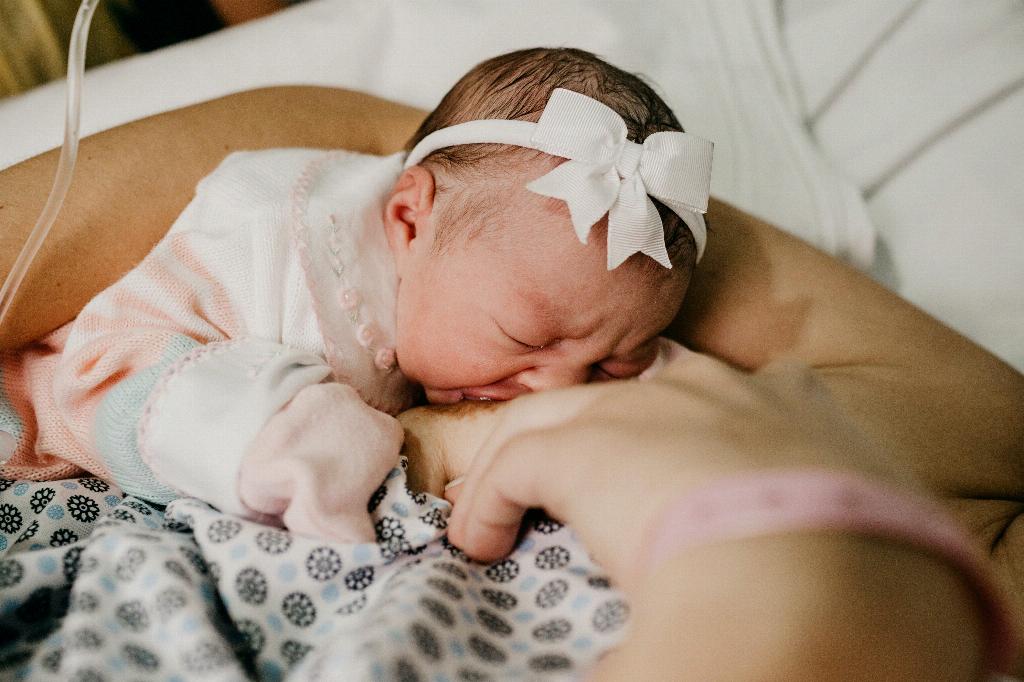There is a common misconception that breast cancer cannot be detected while breastfeeding due to the increased breast tissue density during lactation. However, this is not entirely true. While breastfeeding does pose some challenges in detecting breast cancer, it is still possible to detect abnormalities through various screening methods.
Challenges of Detecting Breast Cancer While Breastfeeding
One of the primary challenges of detecting breast cancer while breastfeeding is the increased breast tissue density, which can make it more difficult to identify abnormalities on a mammogram. The hormonal changes during lactation can also cause the breast tissue to become more sensitive and tender, making self-examinations uncomfortable for some women.
Screening Methods for Breast Cancer Detection While Breastfeeding
Despite the challenges, there are several screening methods available for detecting breast cancer while breastfeeding. Clinical breast exams, where a healthcare provider examines the breasts and surrounding areas for lumps or other changes, are recommended for women of all ages, including those who are breastfeeding.
Mammograms and Breast Ultrasounds
Mammograms are not typically recommended for breastfeeding women due to the increased breast density. However, if a mammogram is necessary, women are advised to nurse or pump immediately before the procedure to reduce the density of the breast tissue. Breast ultrasounds are often used as an alternative imaging technique for detecting abnormalities in women who are breastfeeding.
Importance of Breast Self-Exams
Regular breast self-exams are crucial for detecting any changes in the breasts while breastfeeding. Women should perform self-exams at least once a month to become familiar with how their breasts normally look and feel. Any unusual lumps, dimpling, or changes in the skin should be reported to a healthcare provider promptly.
Consulting with a Healthcare Provider
If you have concerns about breast cancer detection while breastfeeding, it is essential to discuss them with your healthcare provider. They can provide guidance on the best screening methods and recommend appropriate tests based on your individual risk factors and medical history.
Risks of Delayed Diagnosis
Delaying the diagnosis of breast cancer can have serious consequences, as the disease may progress to more advanced stages if left untreated. Early detection through regular screenings and self-exams is key to improving the chances of successful treatment and recovery.
Support Resources for Breastfeeding Women
Breastfeeding women facing concerns about breast cancer detection can benefit from support resources such as breastfeeding support groups, online forums, and helplines. These resources can provide emotional support, information, and guidance on navigating healthcare decisions while breastfeeding.
Empowerment through Awareness
By staying informed about breast cancer detection while breastfeeding and actively engaging in self-care practices, women can empower themselves to take control of their breast health. Awareness of the challenges and available screening options can help women make informed decisions about their healthcare.
Research and Advances in Breast Cancer Detection
Ongoing research and advances in medical technology continue to improve breast cancer detection methods for women of all ages, including those who are breastfeeding. It is vital for women to stay informed about the latest developments in breast health and screening recommendations.
Conclusion
In conclusion, while detecting breast cancer while breastfeeding presents challenges due to increased breast tissue density, it is still possible through various screening methods such as clinical exams and breast ultrasounds. By maintaining regular self-exams, consulting with healthcare providers, and staying informed about breast health, women can take proactive steps towards early detection and optimal treatment outcomes.

